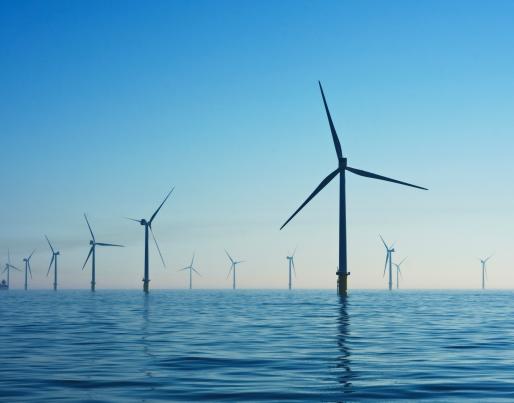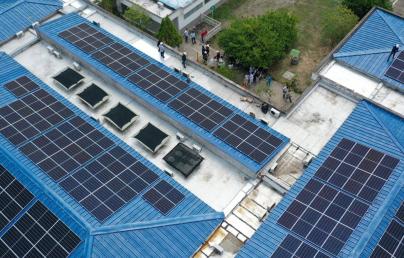The EU's revised Renewable Energy Directive

The EU's revised Renewable Energy Directive
The EU's revised Renewable Energy Directive aims to accelerate the clean energy transition, setting a binding target of 42.5% renewable energy consumption by 2030, bolstering competitiveness and reducing external dependency, with simplified permitting and sustainability criteria to support deployment and achieve climate neutrality by 2050.
Since the Renewable Energy Directive (2009/28/EC), EU's renewable energy consumption surged from 12.5% (2010) to 23% (2022).
Despite EU's global renewables leadership, competitiveness needs bolstering, as per a 2021 report.
The European Green Deal emphasises renewables for clean energy transition, reducing external dependency. Thus, the EU revised the Renewable Energy Directive in 2023, effective from November 20, 2023. Most provisions must be transposed into national law in 18 months, with some related to permitting due by July 2024.
The directive sets a binding EU target of 42.5% renewable energy by 2030, aiming for 45%, reflecting the urgent need for clean energy transition acceleration.
The revised directive builds upon previous initiatives from 2009 and 2018, aiming to maximise the development and adoption of renewable energy sources. This effort is crucial for the EU to achieve climate neutrality by 2050 and enhance energy security. The directive includes a target to double the current share of renewables and establishes specific goals for sectors like heating, transport, and industry, promoting electrification and the use of renewable fuels such as hydrogen.
Simplified permitting procedures and strengthened sustainability criteria further support renewable energy deployment while acknowledging the role of bioenergy in the transition away from fossil fuels.


